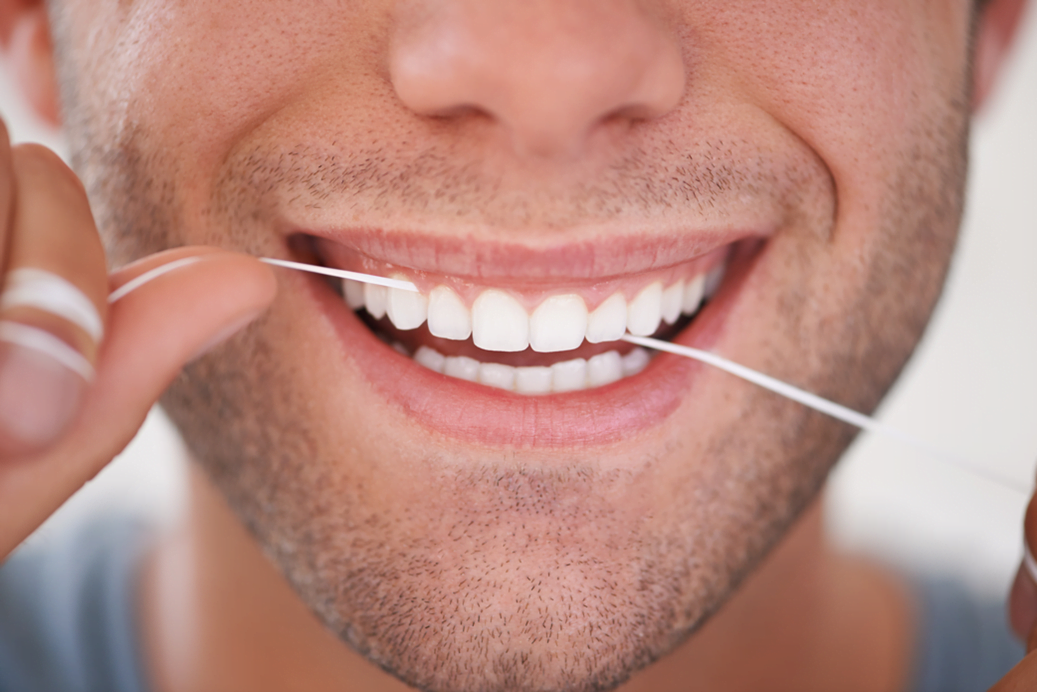What is dental plaque and how can you get rid of it?
1 December 2022Plaque affects everyone. Forming on the teeth when bacteria in the mouth mixes with sugary or starchy foods, the build-up of plaque can lead to long lasting and painful dental issues. So, what is plaque? What do you need to look out for and how can you deal with plaque or prevent it? We have put together an article discussing everything you need to know about getting rid of plaque.
What is Plaque?

In short, Plaque is a sticky film that forms on teeth and your gums. The bacteria in the plaque produces acids after you eat or drink which can wear down and ultimately destroy your enamel. Plaque can also form on the gums and affect the roots of your teeth.
What to look out for
There are a few ways to identify if you have Plaque. The first is running your tongue over your teeth. If they feel fuzzy, you have plaque. Other indicators include your teeth appearing duller, less white or more yellow. Another symptom may be noticing white spots on your teeth, this is usually a result of going to sleep with plaque still on your teeth causing your teeth to calcify. You may also have bad breath, or red, swollen or tender gums. Additionally you may also experience toothache or pain when eating or drinking.
There are also conditions that may predispose you to being more susceptible to plaque. These include:
- Consuming a high amount of sugary or starchy foods and drinks
- Suffer from dry mouth
- Smoke
- If you have radiation treatment for mouth, head or neck cancer
What plaque can cause if left unchecked
Plaque is one of the leading causes of a range of dental conditions. These include:
- Tooth decay & cavities
- Gum disease
- Periodontitis
- Tooth infections
- Tooth loss
- A buildup of Tartar
How to deal with plaque
If you notice any of the symptoms mentioned above you will need to visit your dentist as soon as possible as normal toothbrushing cannot remove plaque once it has solidified. Your dentist can professionally remove any plaque and/or tartar that has developed. After this your dentist may prescribe you dry mouth medications to increase saliva production if appropriate, prescribe fluoride treatments or higher strength toothpastes or antibacterial mouthwash. They also may recommend dental sealants so there are less teeth for food particles to cling to during mealtimes.
Prevention

Having said the above, the best prevention for plaque is to maintain a good oral hygiene routine. This includes:
- Brushing your teeth at least twice a day, once before bed to ensure any plaque is removed prior to sleeping, using a fluoride toothpaste
- Flossing daily to ensure any food debris between teeth has been removed
- Having a nutritious diet, including crunchy vegetables to improve the strength of your teeth
- Avoiding sugary or starchy foods where possible
- Visiting your dentist once every 6 months
- Regularly using mouthwash after snacking or eating meals
If you suspect that you have plaque, please visit your dentist at the earliest opportunity to prevent your teeth from developing serious or long-term health conditions. If you are currently looking for a dental practice in the Pateley Bridge area, we would be delighted to help.
